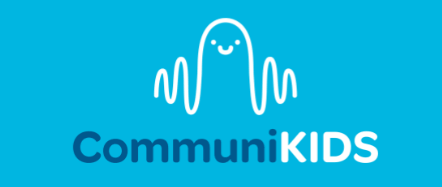Strategies for early language development
One of the most common questions speech pathologists get asked is ‘How do I get my child talking?’. Often, we get little ones coming in who understand lots but just aren’t getting any words out. This can be frustrating for everyone – mum and dad want to know what their child is trying to communicate, and the child wants their parents to understand!
For toddlers, the language development milestones are:
· 12 months: Begin using sounds, words and using lots of babbling
· 18 months: Say between 6 – 20 words
· 24 months: Say 50 words and begin to combine words
· 36 months: Begin using 4 – 5 words in a sentence
So how can parents encourage language at home?
Repeat, repeat, repeat
When kids are learning new skills at school, they’re given lots of opportunities to practice and lots of examples to learn the new skill. Similarly, to help toddlers use new words, we need to give them lots of opportunities to hear and use these words. Children learn new words well when the word is repeated often and in activities they are engaged in.
An easy activity that is often within hand reach in any clinic room is bubbles. Most kids love bubbles – they’re quick, they’re fun, and there’s so many opportunities to use new words. Blow the bubbles, then comment – see how many times you can include ‘pop!’. Try:
· Pop the bubbles!
· Pop! Pop! Pop!
· Bubbles pop!
Dip the bubble wand back in and repeat!
Add a word
Think about where your child is at with their language. Are they using no words? Are they beginning to use single words and you’d like them to start combining? Are they combining but not yet using sentences?
Now, add a word to whatever they’ve said. For example:
· Bubble = More bubble!
· More bubbles = More big bubbles!
· More big bubbles = Mummy blows more big bubbles!
Talk about your child’s interests
This is a simple tip but essential for encouraging language growth. When you’re working on building your child’s language, choose an activity they’re going to be engaged in. This could be bubbles, playing in the sandpit, cars, puzzles, dolls – anything your child might happily pick up and do!
If your child is motivated, they’re going to be more likely to want to use language to request and comment. Just like an adult may not want to learn about something they find boring, your child probably won’t either! If they find the activity interesting, they are more likely to tune in to the language you’re using and even try to use some of it themselves.

